Home>Furniture>Living Room Furniture>How to Build a Fireplace Mantel Without Professional Help
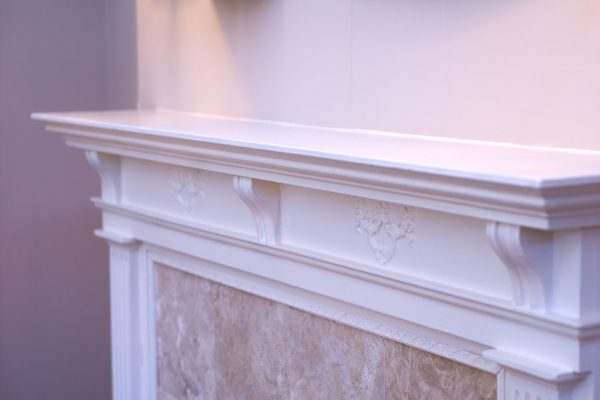
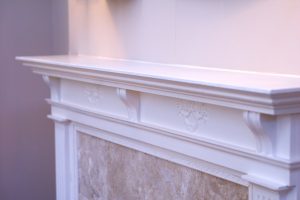
Living Room Furniture
How to Build a Fireplace Mantel Without Professional Help
Modified: December 6, 2023
Give your fireplace the attention it deserves by knowing how to build a fireplace mantel at home. You can follow all these steps without professional help!
(Many of the links in this article redirect to a specific reviewed product. Your purchase of these products through affiliate links helps to generate commission for Storables.com, at no extra cost. Learn more)
While the fireplace is considered the hearth of the home, a mantel is a decorative piece that can give it a personal touch and simple convenience. If you’re looking for new ideas to jazz up your living space, maybe it’s time for you to build a fireplace mantel.
What Is a Fireplace Mantel?
There’s nothing more inviting than a living room with a fireplace. This kind of furnishing can keep you warm and snug throughout the year. But to create such a welcoming fireplace means making significant changes and additions to fit the room’s aesthetic and overall comfort. To do so, you can start by choosing the right fireplace mantel for your home.
A mantel frames the opening of the fireplace. It usually comes in two types: surround mantels or in the form of a floating shelf. Years ago, mantels were installed to prevent smoke from entering the room and collecting soot to keep walls clean. Nowadays, they serve as decoration to complete the look of fireplaces and sometimes as storage for ornaments and loose items for convenience.
The best thing about fireplace mantels is you can customize and use different materials to give yours a personal touch. You can tailor your mantel to fit your needs in both storage and design. Most households use wood to match their firewood racks, while some opt for metal since they’re cheaper and non-combustible. If you think you have what it takes to build a fireplace mantel from scratch, we will discuss below some material options you can use for the best results.
Read more: How To Update A Fireplace Mantel
What Is a Faux Mantel?
Faux mantels look just like real fireplaces but without real flames. Instead of burning wood, one can put an electric heater insert that simulates a real fireplace thanks to its LED screen. They’re ideal for apartments and houses that don’t want to deal with soot and smoke. They’re also more convenient than real fireplaces since you can control them with just a press of a button.
Though they mimic a fireplace’s look, they have a shorter lifespan and do not produce the comforting, earthy wood scents that you typically smell in real ones. Meanwhile, some households even go as far as installing a mantel without electric inserts. This is just to fill in wall space and add a cozy character to their living room.
Material Options for Fireplace Mantels
Stone
One way to accentuate your fireplace is by choosing a material that will fit your home’s architectural style. A stone mantel will work best if you want a dramatic yet classic look. It speaks to a timeless and durable design. Plus, it has fireproof and maintenance-free qualities. It never rusts or rots, lending you a rustic charm that’s made to last.
However, stone mantels can be pretty tricky to install and cost much more than other materials on this list. Plus, unsealed stone mantels tend to be quite porous and absorb liquids leading to staining. If you don’t have any experience in masonry, it’s best to stay away from natural stone mantels as they can be costly in terms of material and installation.
Wood
Wood is another classic choice when it comes to building fireplace mantels. Since there are tons of wood varieties, colors, and designs, wood is versatile enough to suit traditional and contemporary homes. Wood staining can also help you combine the look of wood mantels with your aesthetics.
Though wood looks like promising material, you should keep a distance between it and the mouth of the fireplace. Wood is a combustible material and a hospitable place for bacteria since it’s more porous than stone and metal.
Read more: How To Paint Fireplace Mantel
Metal
If you’re looking for unconventional fireplace ideas, then metal mantels are for you. Though they seem less familiar in living spaces, they can offer interesting tones when you choose the right color and finish. They can heighten the visual appeal of historical, industrial, and modern living spaces.
Though metal is affordable, durable, and non-combustible, it heats up quicker than wood and stone. To avoid burn injuries, opt for steel mantels with an outstanding heat transfer rating. Besides, you can purchase a heat deflector that creates a heat shield for your wall, TV, and other family heirlooms above the fireplace.
Brick
Like stone, brick doesn’t break or splinter under high heat and pressure. The only difference is that it gives a more uniform design. In the 1970s, people considered a red brick fireplace a staple since its warm tones complemented burning flames. Nowadays, brick doesn’t only fit traditional and farmhouse-style homes; you can paint them in bold colors or whitewash bricks to give a modern feel to them.
Unfortunately, knowing how to build a mantel on a brick fireplace requires some expertise to arrange it in a dazzling display of masonry work. Poor installation can reduce the lifespan of a brick fireplace and eventually lose its chance of being the room’s main focal point due to cracks.
Pros and Cons of Knowing How to Build a Fireplace Mantel
Building a simple fireplace mantel is not a walk in the park. Though doing it yourself can equip you with a series of new and valuable skills.
Pros
- No installation cost
- Can be a rewarding process
- Ability to execute own ideas and add personal flair
Cons
- May still require a little woodworking experience
- End product may turn out differently from what you planned
How to Build a Fireplace Mantel
Read more: Where To Buy Fireplace Mantel
Floating Mantels for Fireplace
Floating mantels can be used to create a more spacious environment around your fireplace. They are best used in small and minimalist homes and are revered for their streamlined aesthetic. Homeowners can rest assured that a floating mantel will provide both functionality and enhanced visual appeal. If these qualities are important to you, read on for the best floating mantel installation tips.
Measure Your Fireplace
The first step to knowing how to build a fireplace mantel is to determine the right measurements. Floating mantels should measure 3 to 6 inches more than the width of your fireplace. Aside from effectively deflecting the heat coming from the firebox, it also gives a more proportionate framing for the fireplace. Make sure to mark the sides with a pencil or even use a leveler tool to ensure it’s evenly placed on the wall.
Install The Mantel
Once you have the appropriate measurements, get your installation hardware and install the mantel. Some of the items on this list already include mounting materials for convenience.
Decorate
Once installed, it is now your chance to decorate your mantel. You can paint it, sand it, or personalize it in any way that will suit your interior needs. Picture frames and decor can also help to further beautify the space.
Surround Mantels for Electric Fireplace
Unlike a floating mantel, surround mantels are a more traditional option with legs or pillars that extend down from the shelf. These mantels are popular for giving the fireplace more depth, weight, and structure. However, due to its additional features, this type of mantel will cost more to build and require a more specific installation process. It is also best used for larger spaces, thanks to its bulkier nature.
If you want to build a surround mantel from scratch, the best way to start is by eyeballing how high you want to place your mantel. Measure from top to bottom using carpenter’s tape and a pencil. Once done, measure your preferred distance for the pillars. It doesn’t have to be the exact measurement as the firebox. You can extend it a few inches to frame the fireplace if you have more than enough space.
If you want a freestanding or non-invasive surround mantel, the products on the list above require little to no installation. These fireplace mantels come with a remote-controlled electric furnace for on-demand heat with little maintenance and no mess.
Knowing how to build a fireplace mantel all on your own can be a rewarding project. No matter what material you use, having a mantel for your fireplace will not just do you good in terms of aesthetic appeal but also functional storage solutions.
On a side note, you can take the warmth of a fireplace outdoors with these fire pit ideas. They’re great for some bonfire fun to entertain a large group of guests.
Was this page helpful?
At Storables.com, we guarantee accurate and reliable information. Our content, validated by Expert Board Contributors, is crafted following stringent Editorial Policies. We're committed to providing you with well-researched, expert-backed insights for all your informational needs.
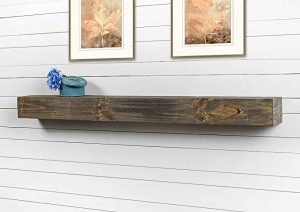

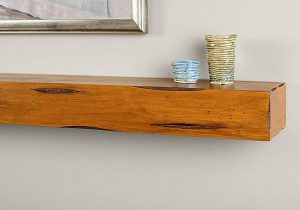
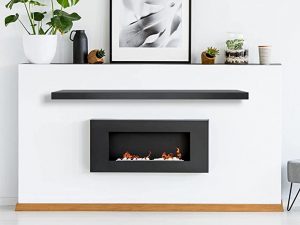


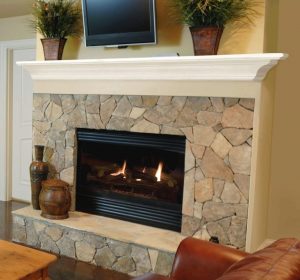
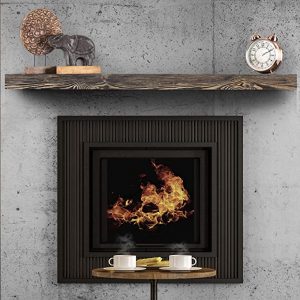
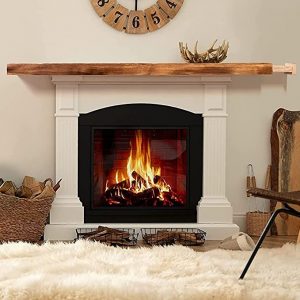
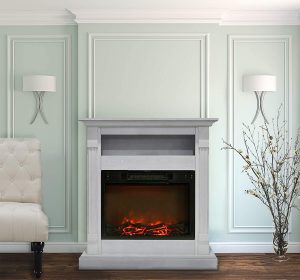
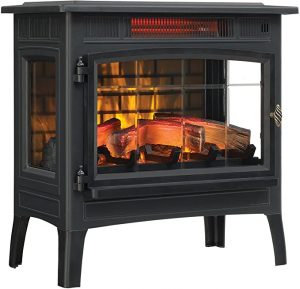
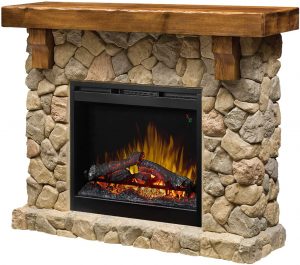
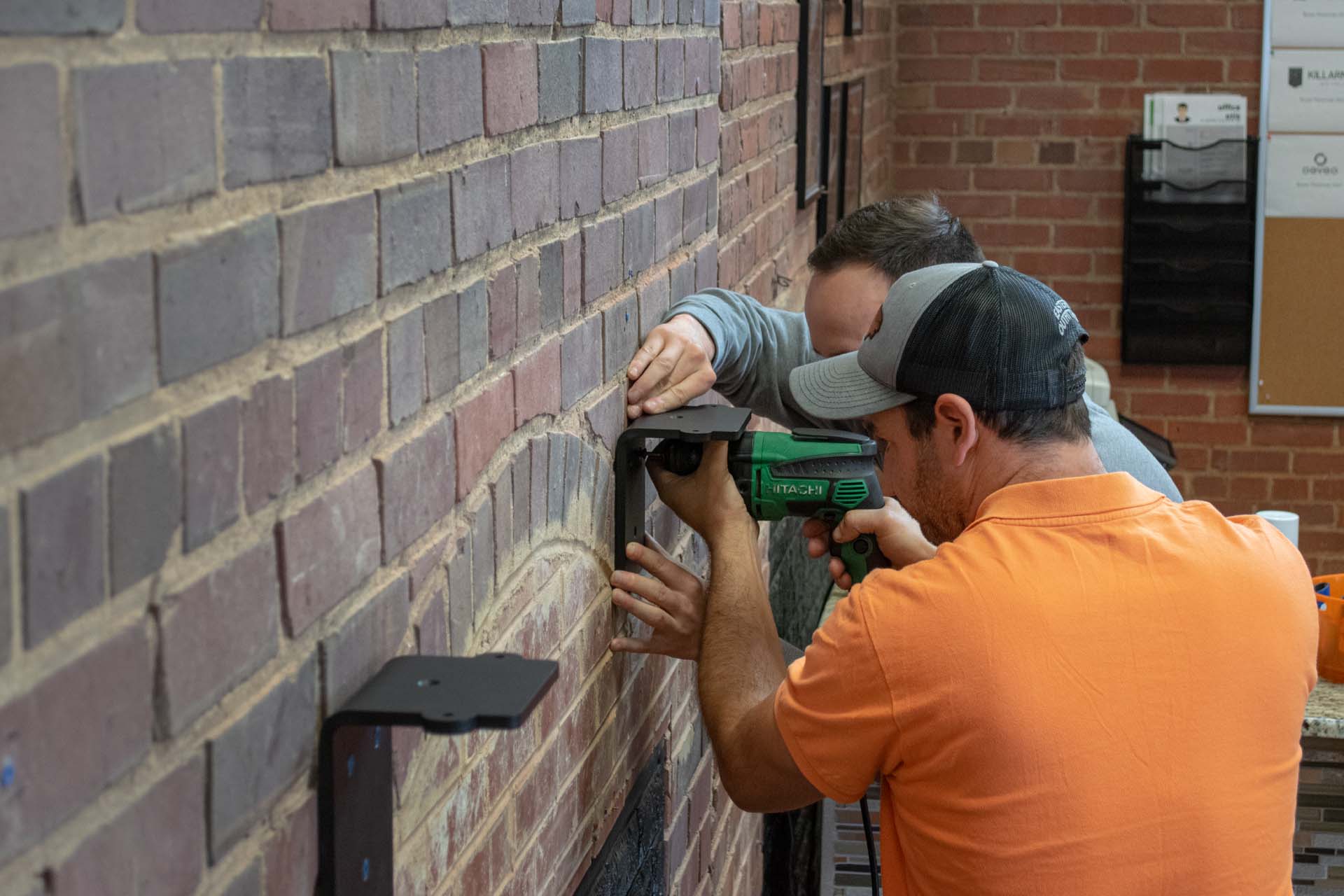
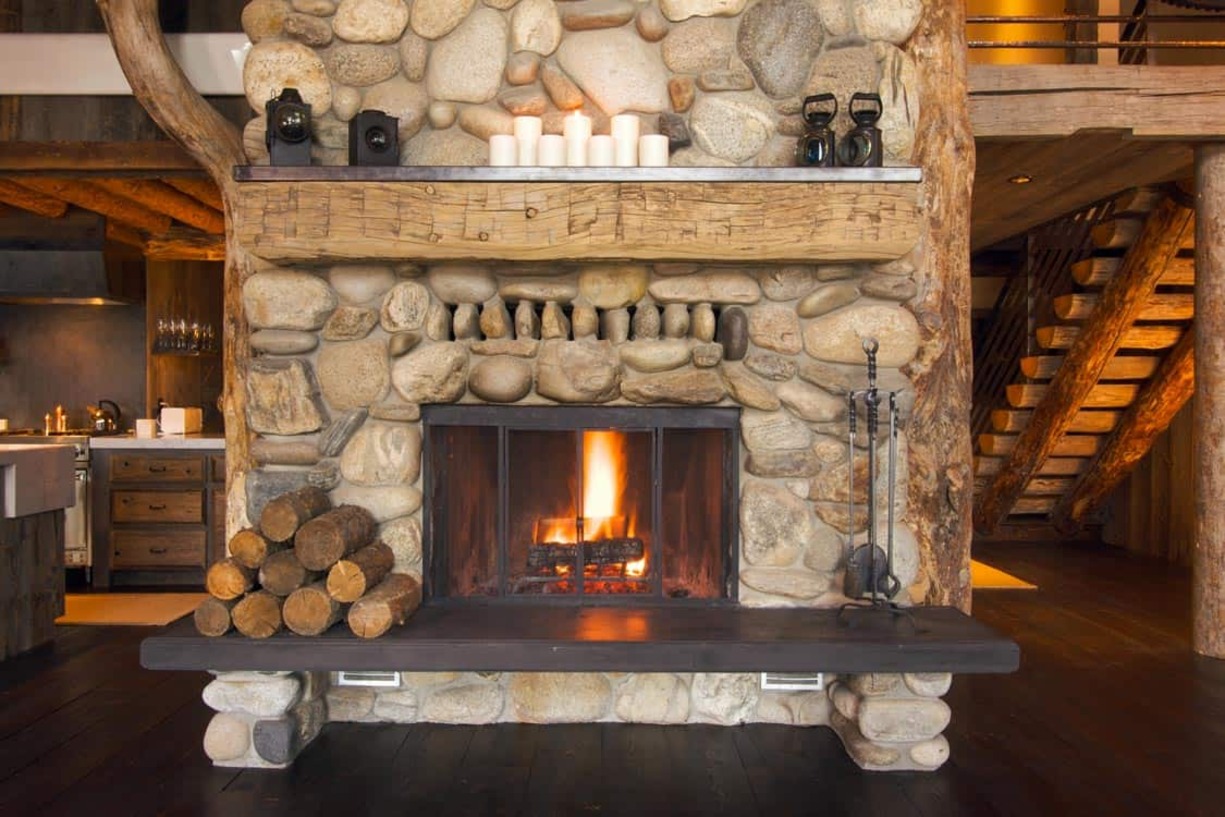
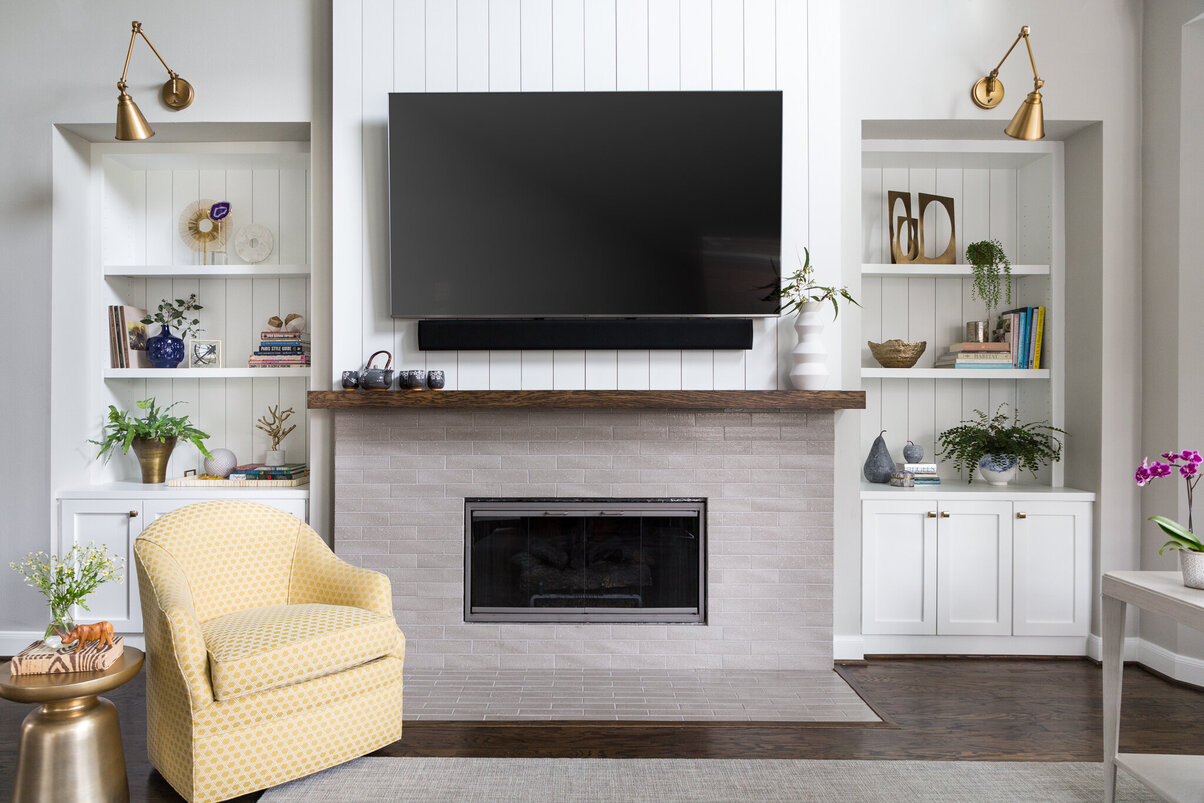
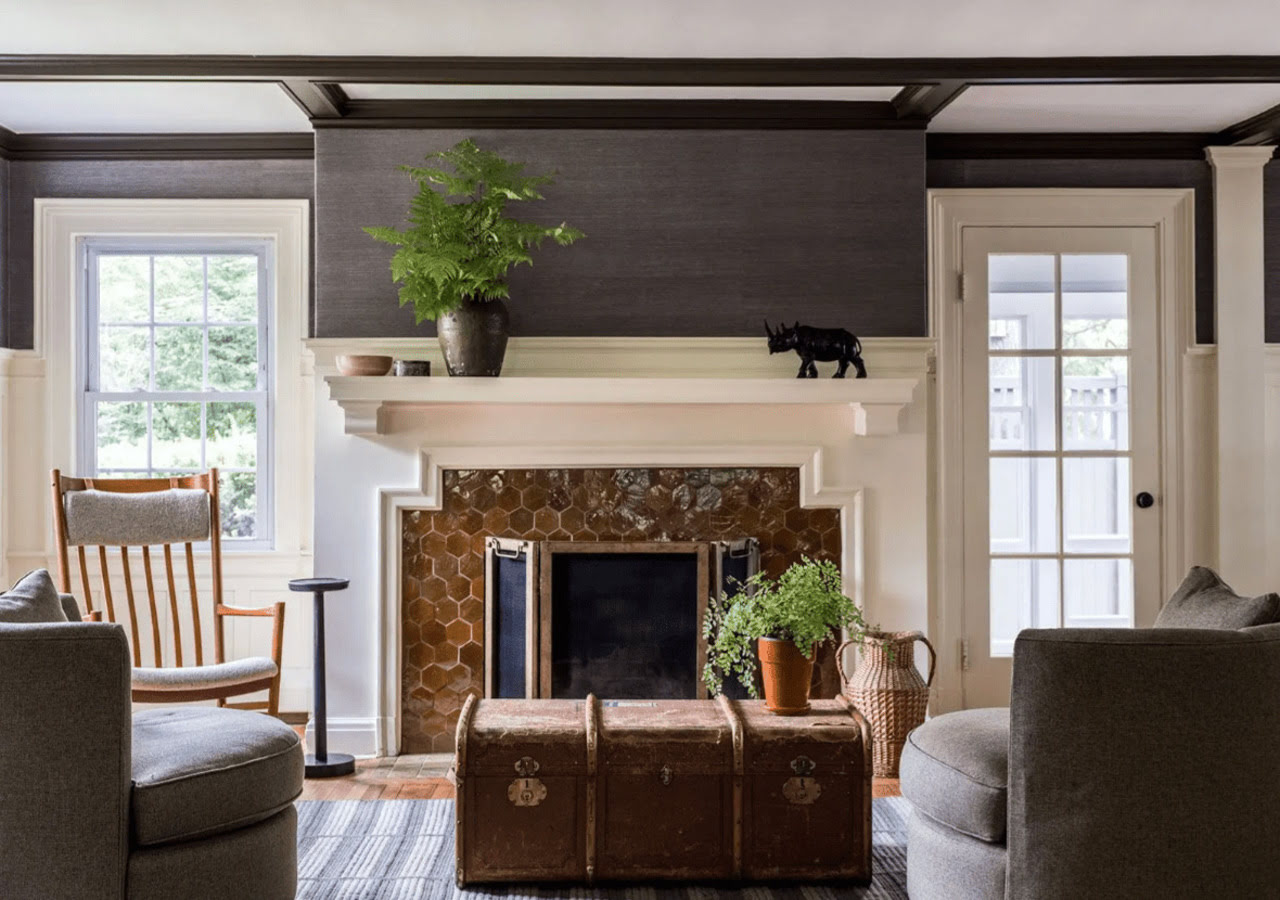
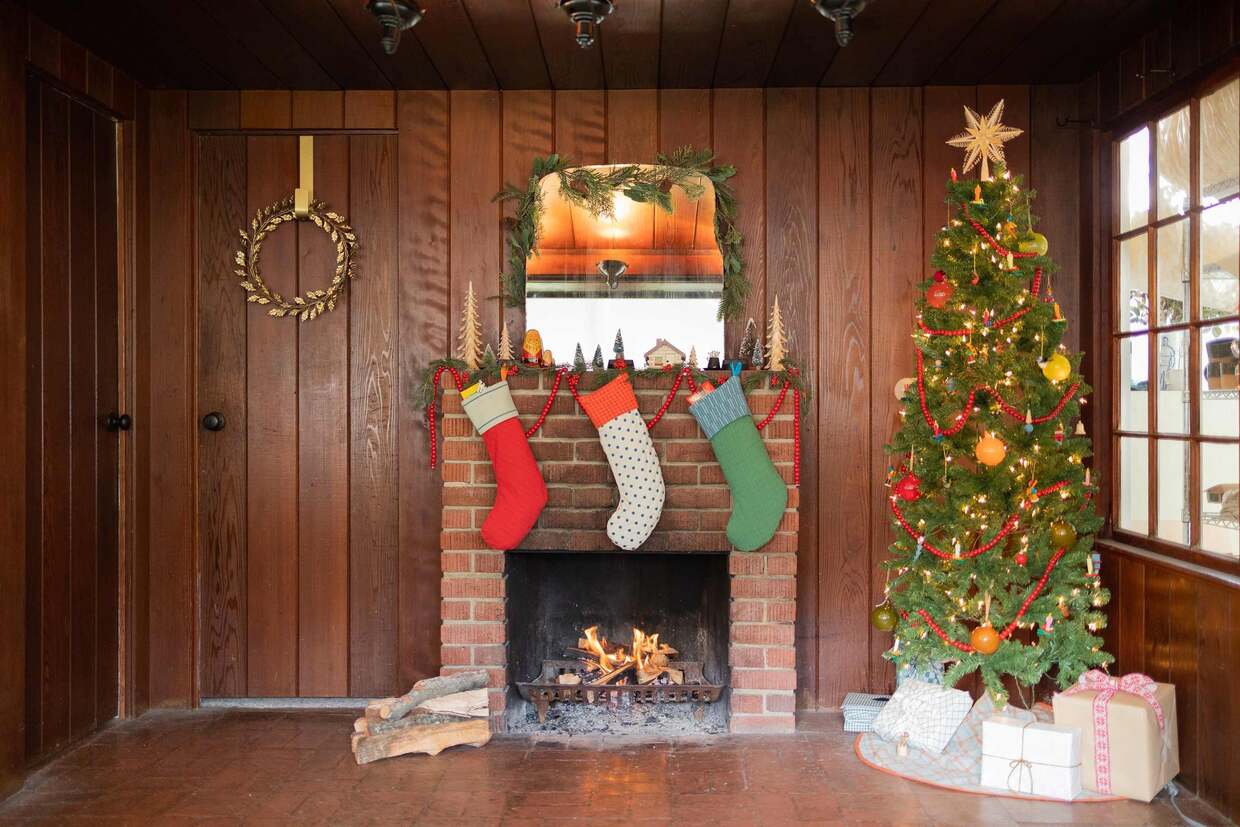
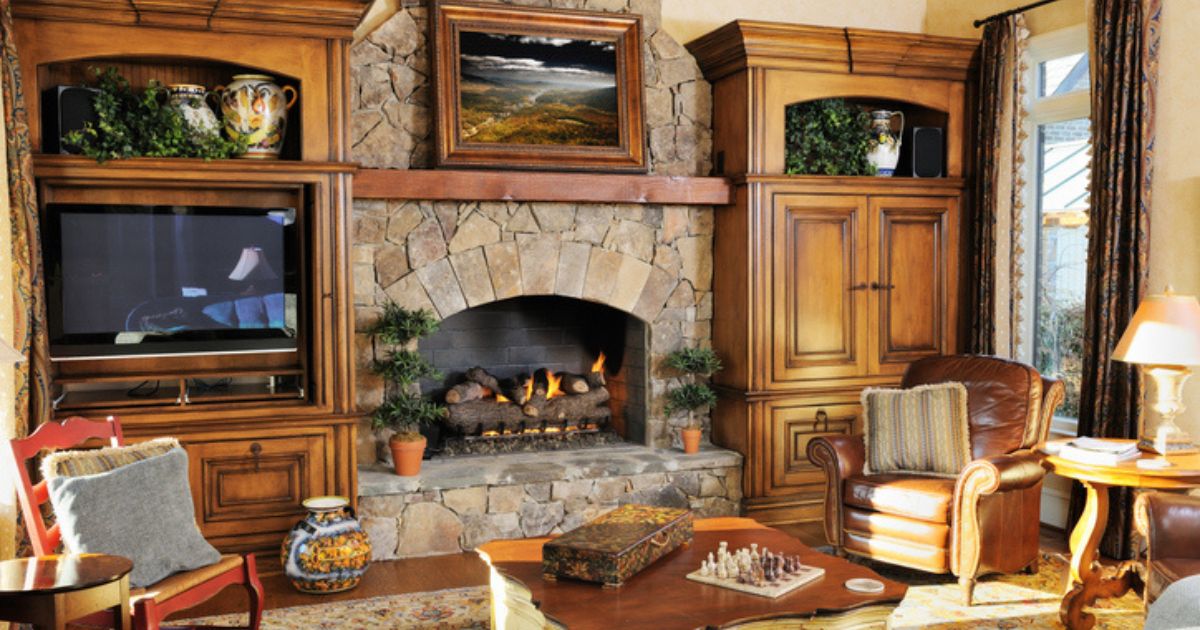
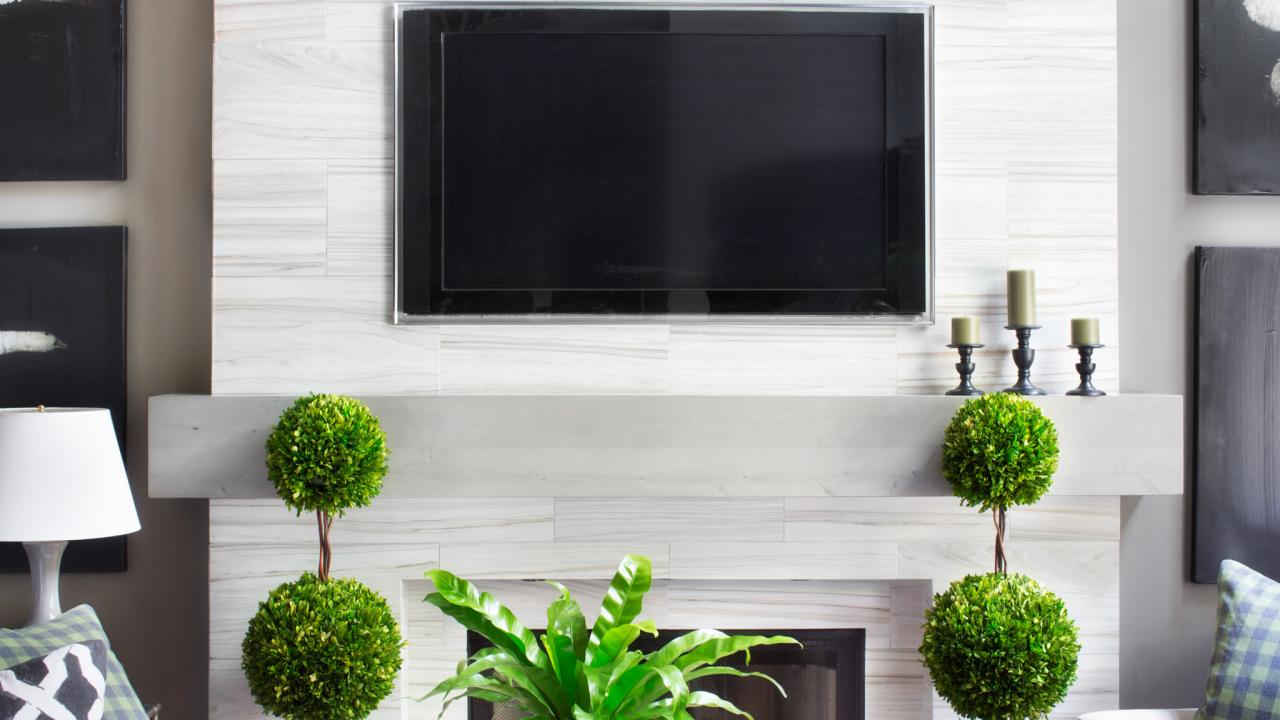
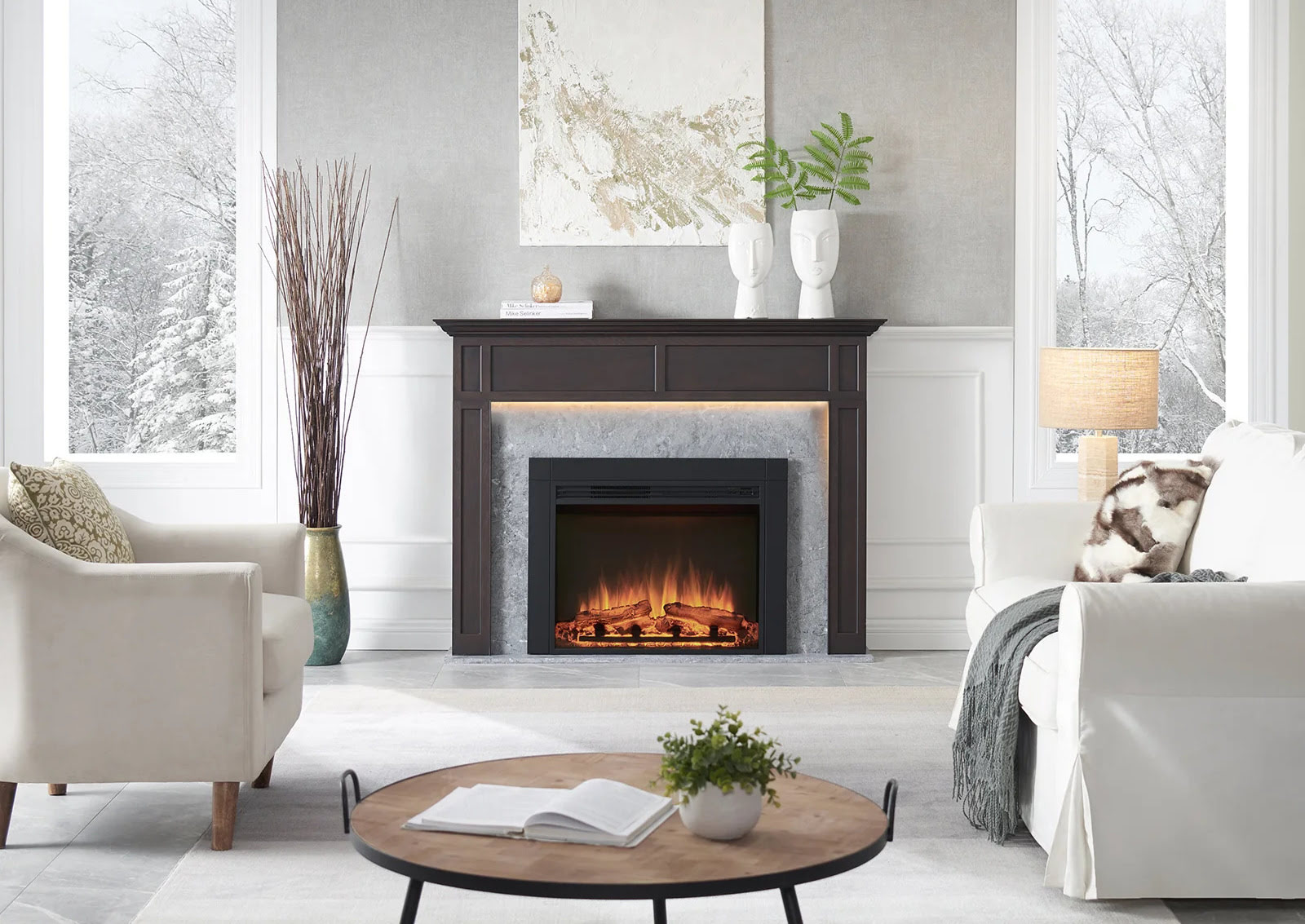
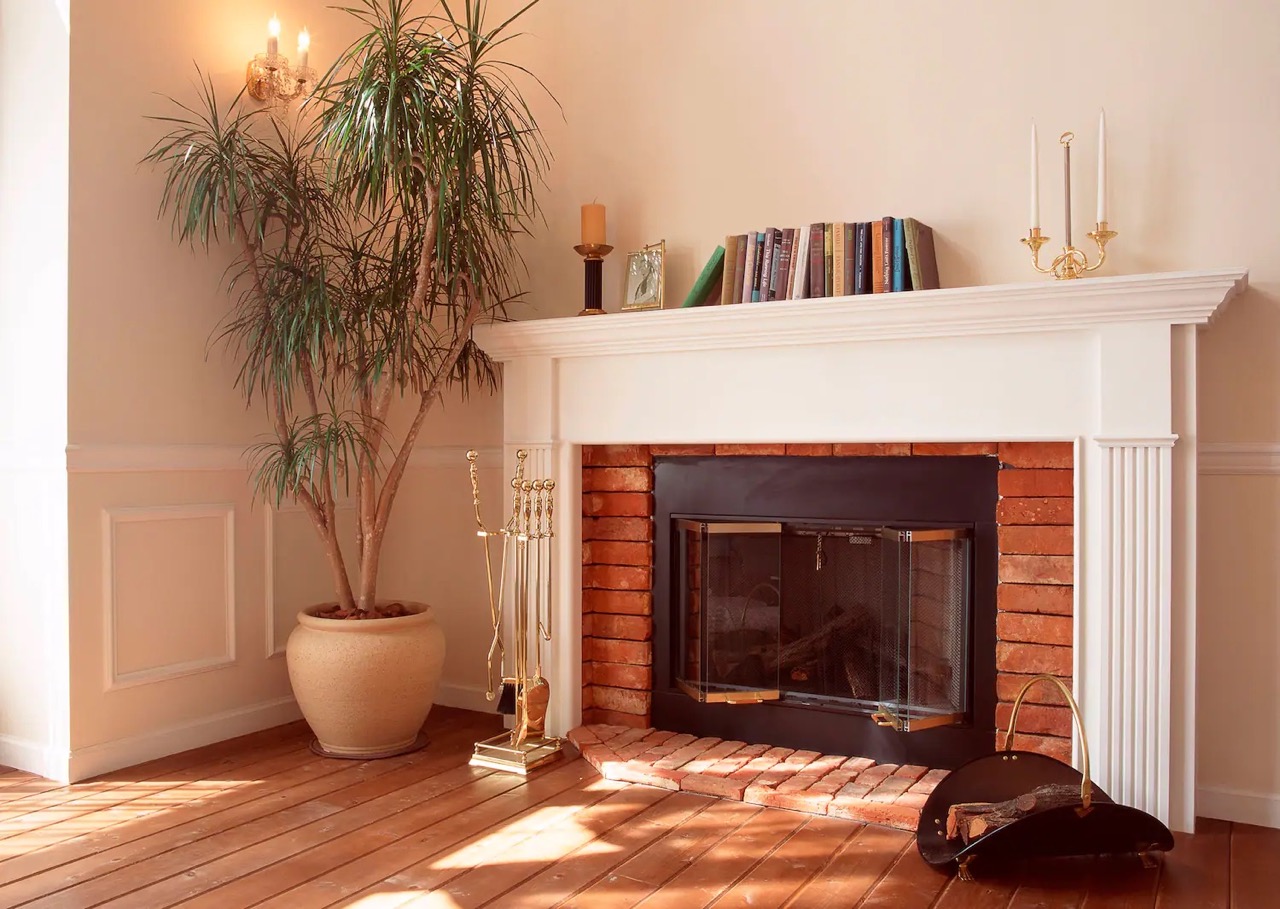
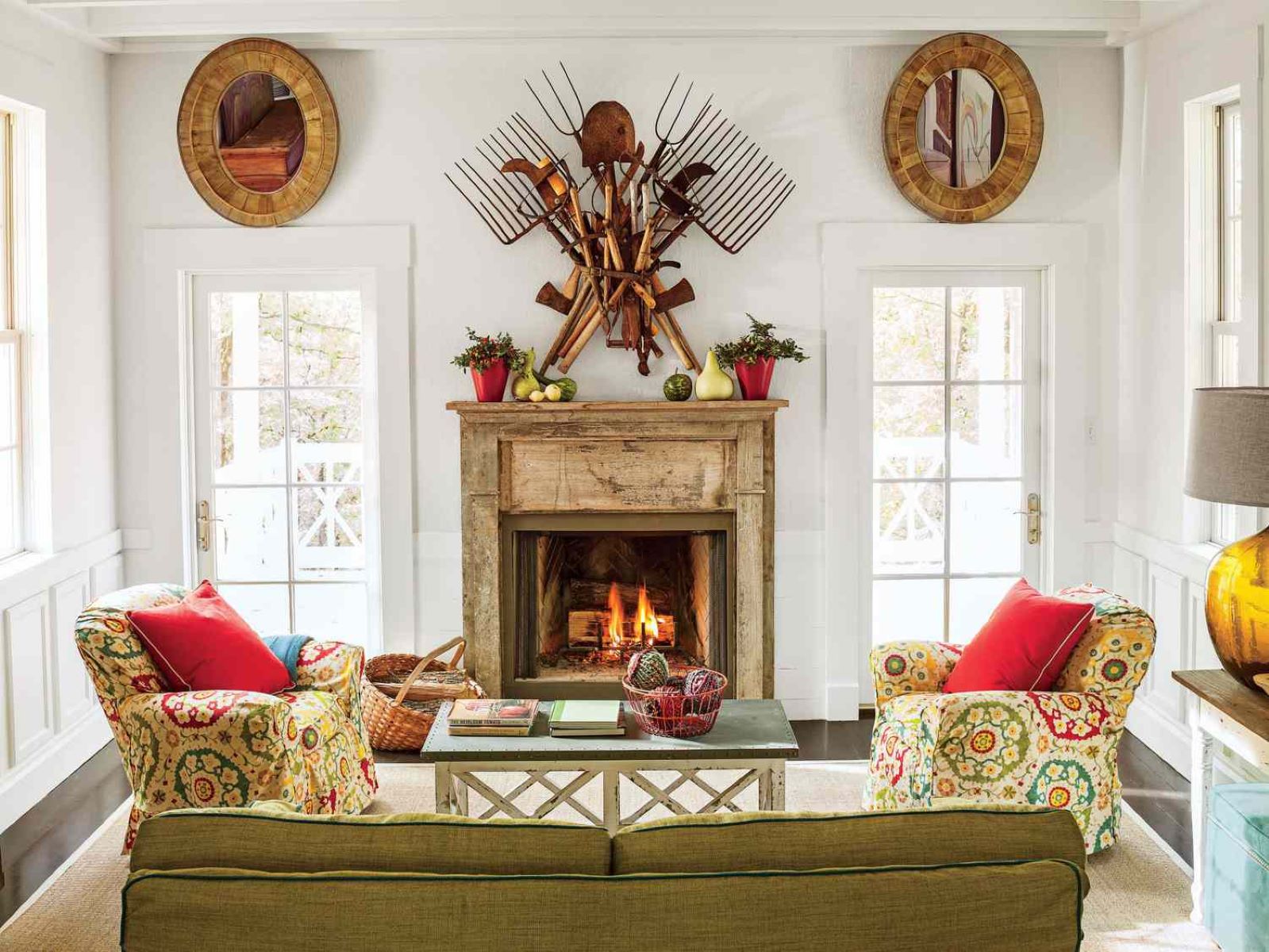
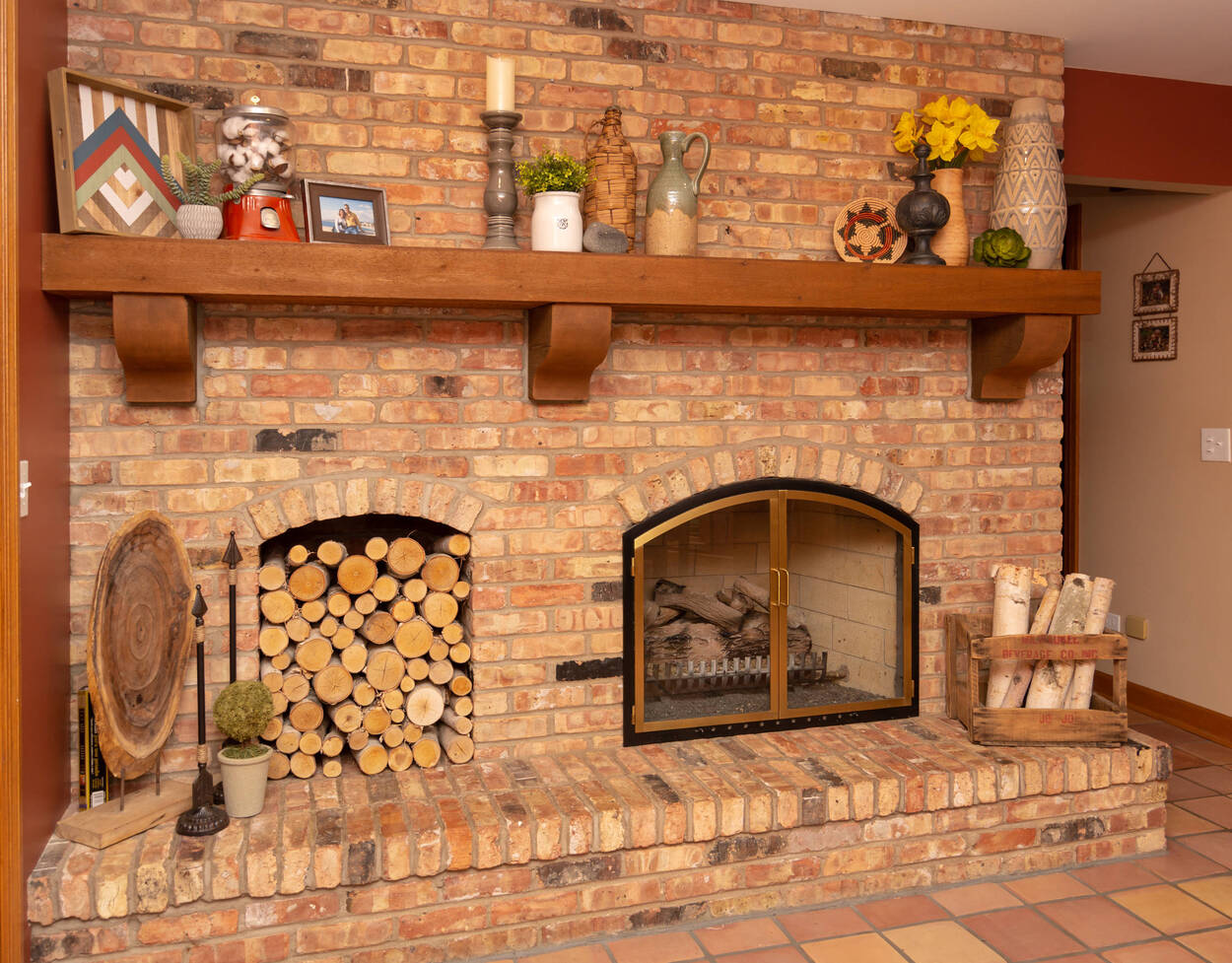
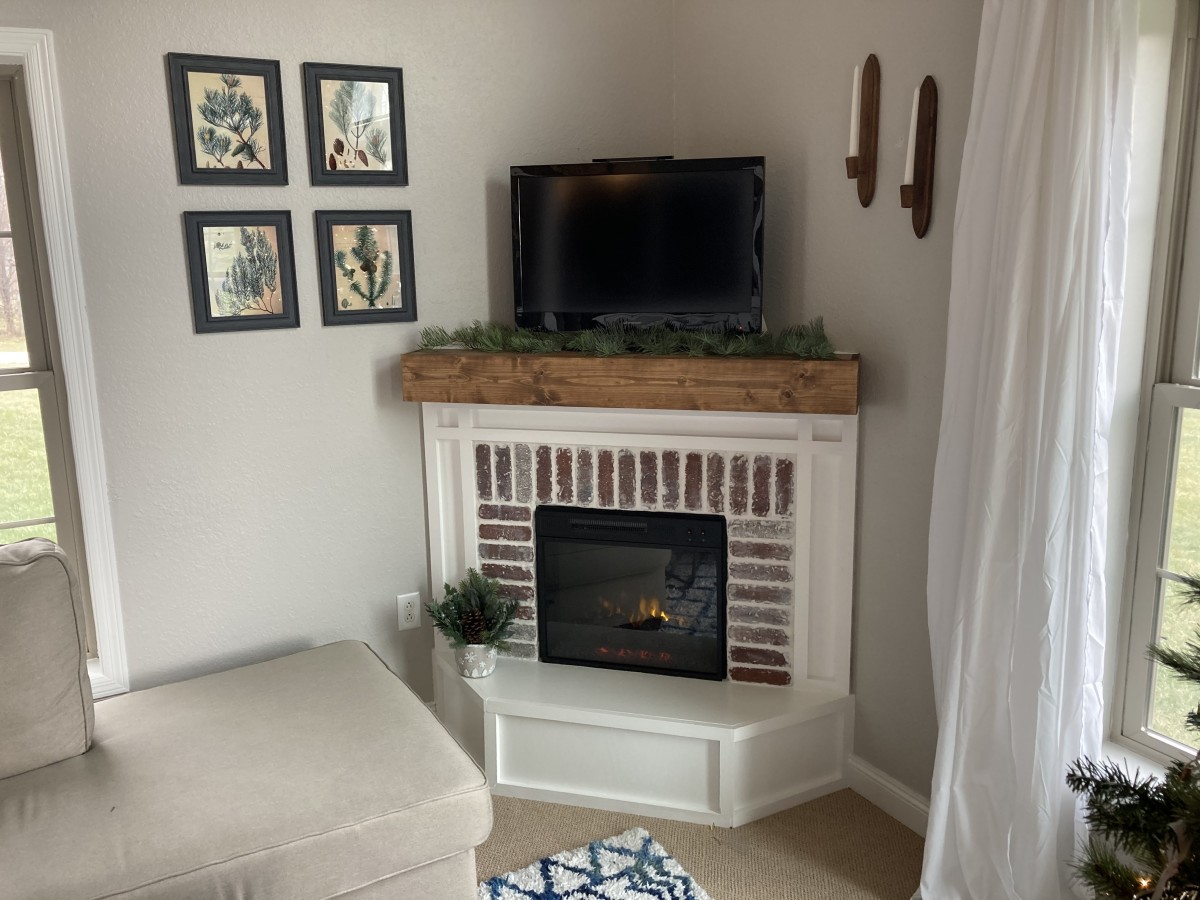
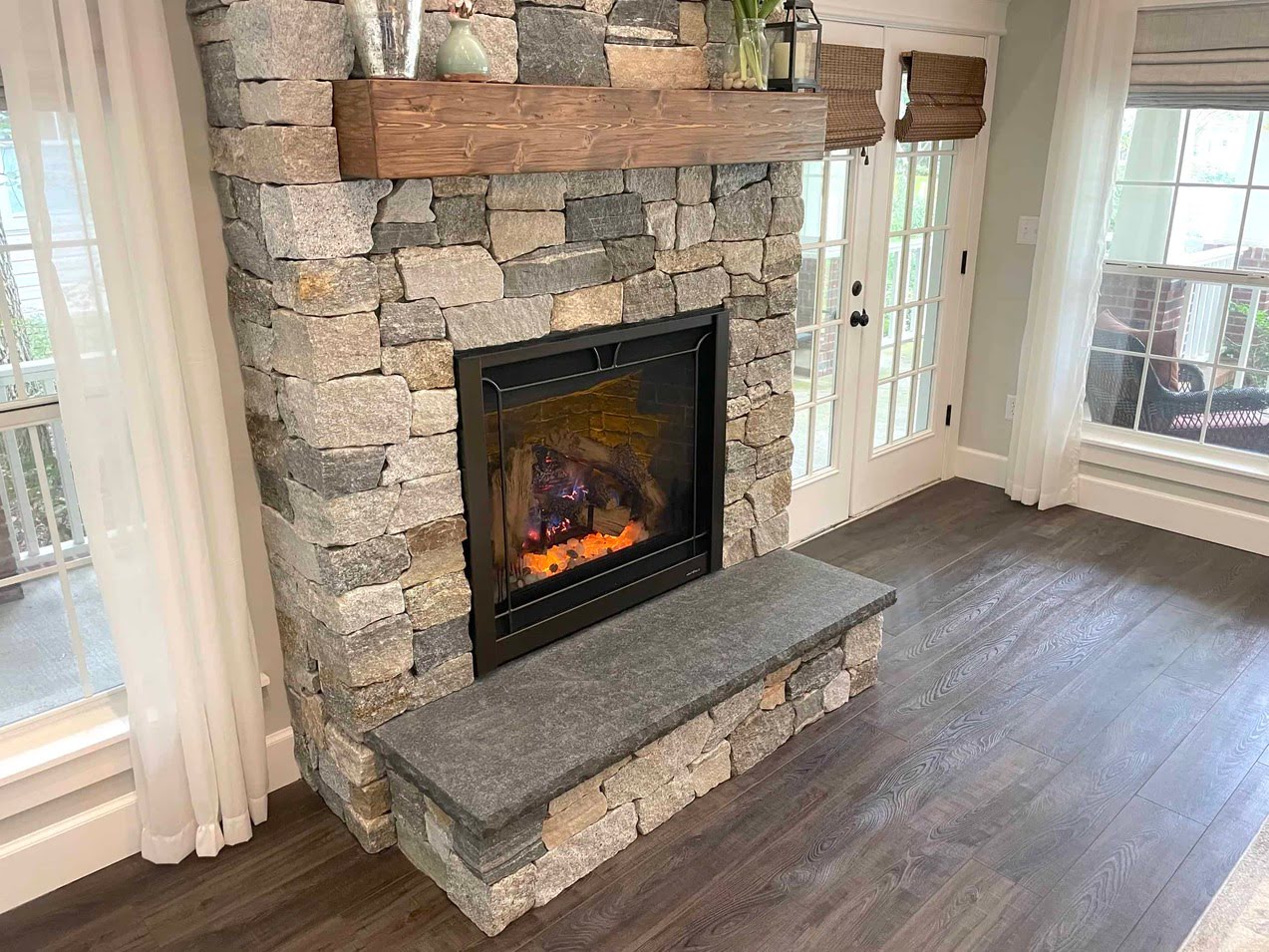

0 thoughts on “How to Build a Fireplace Mantel Without Professional Help”